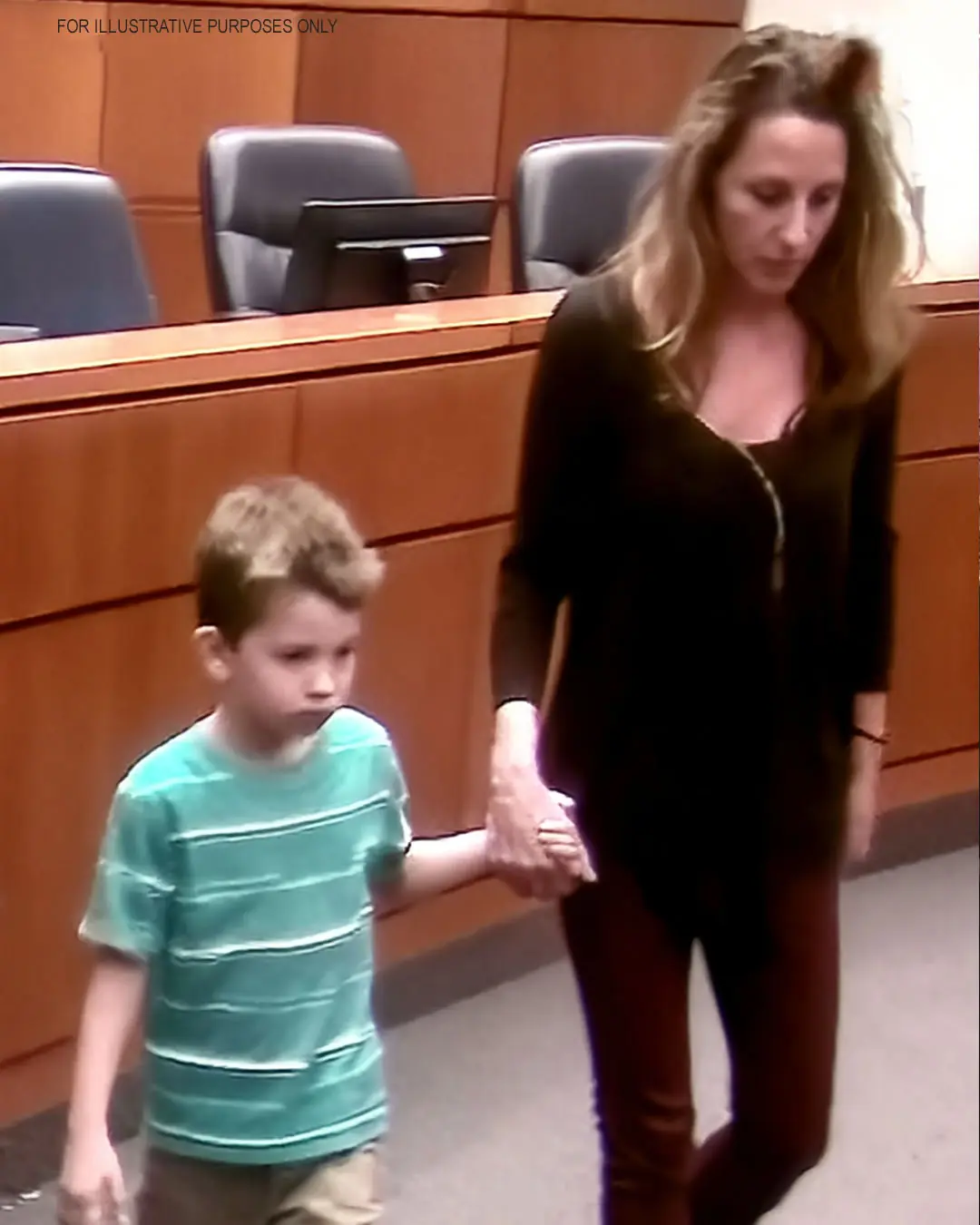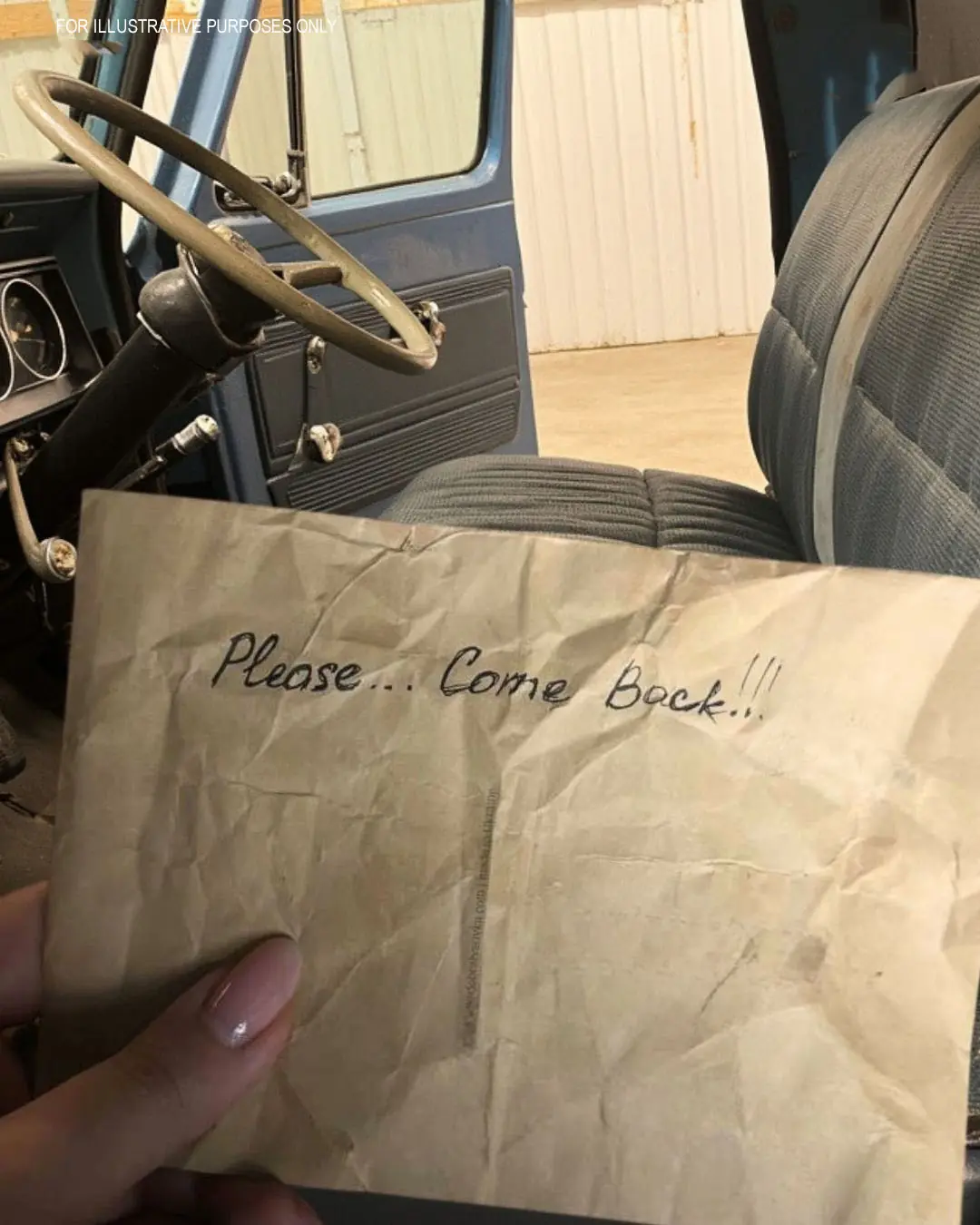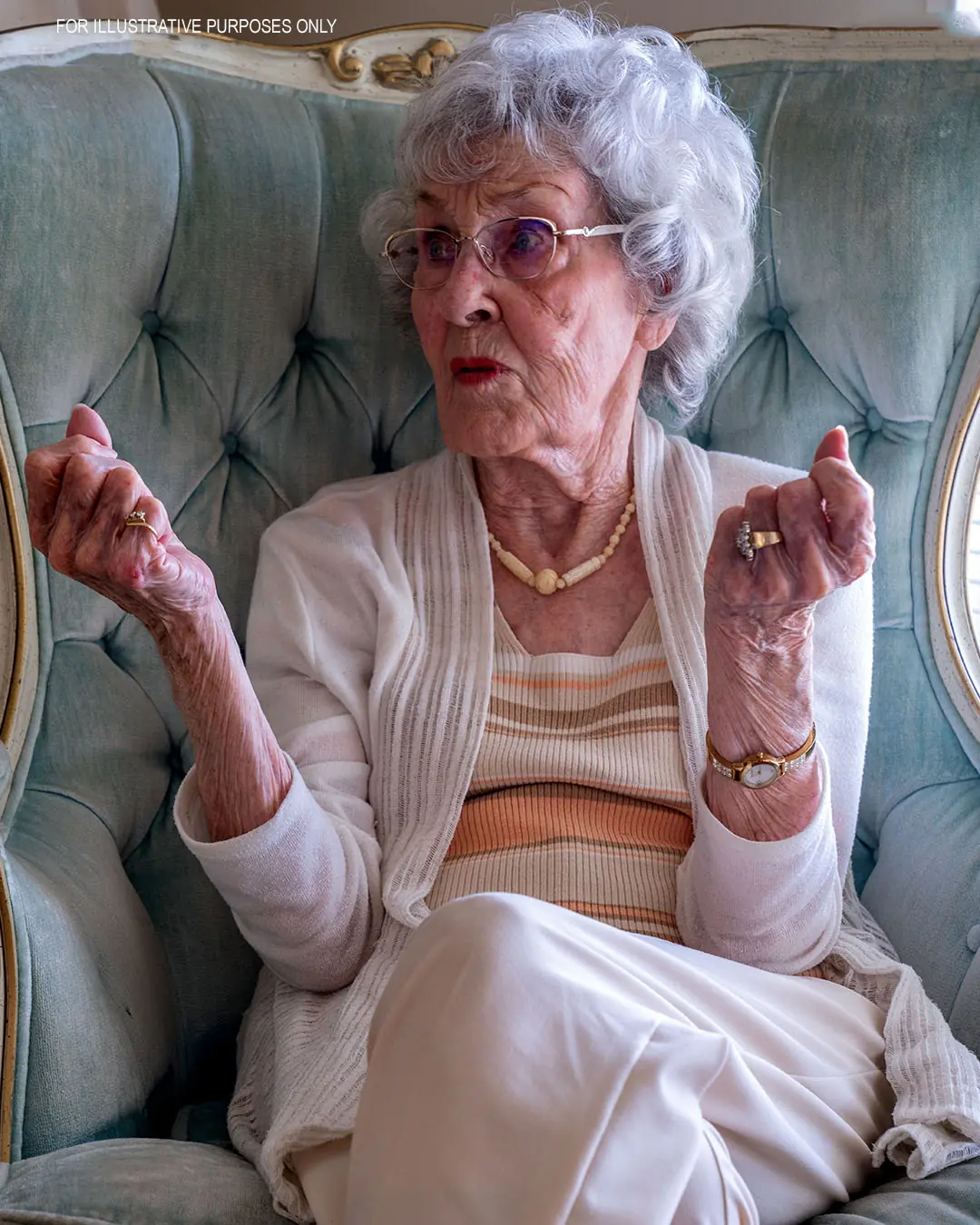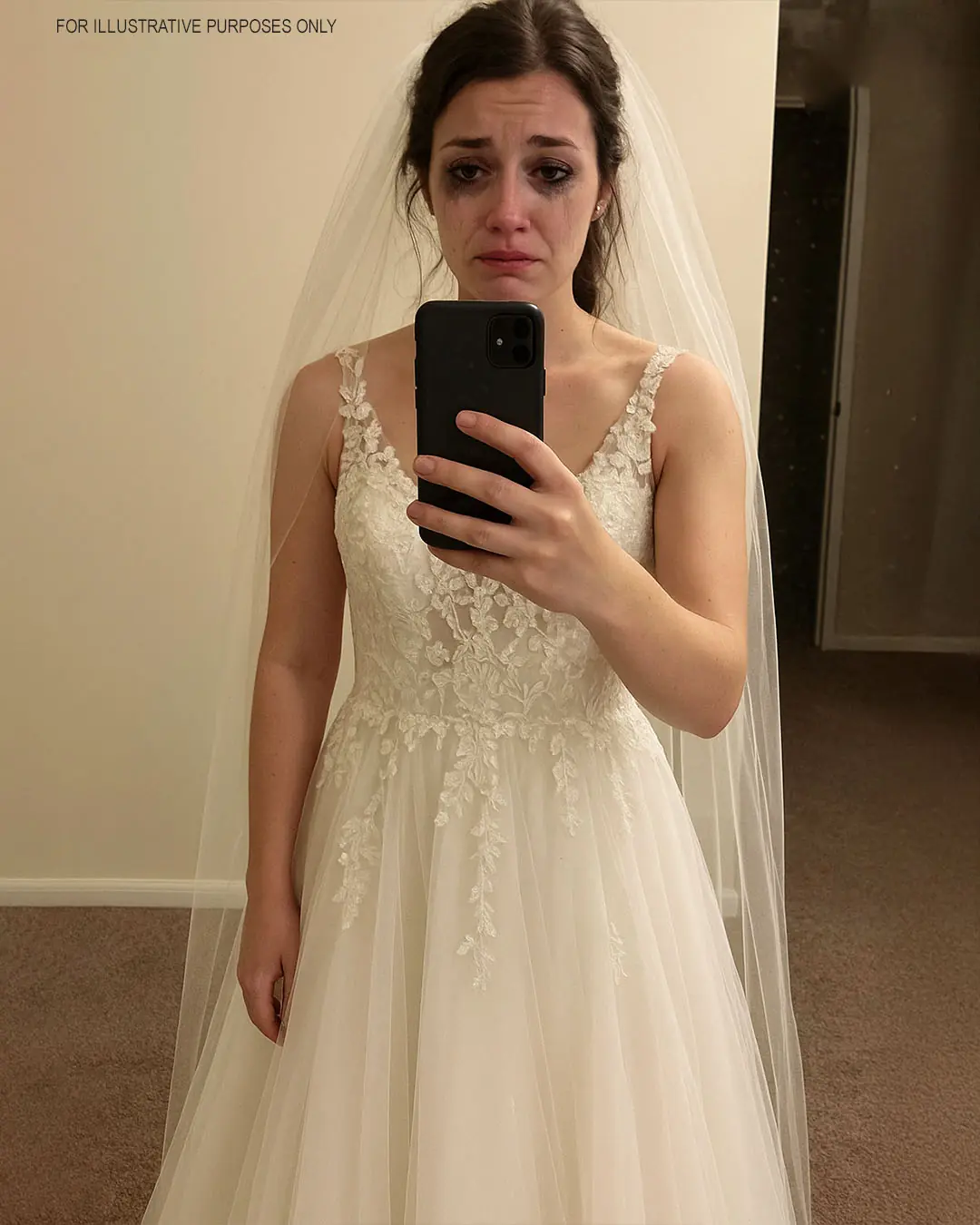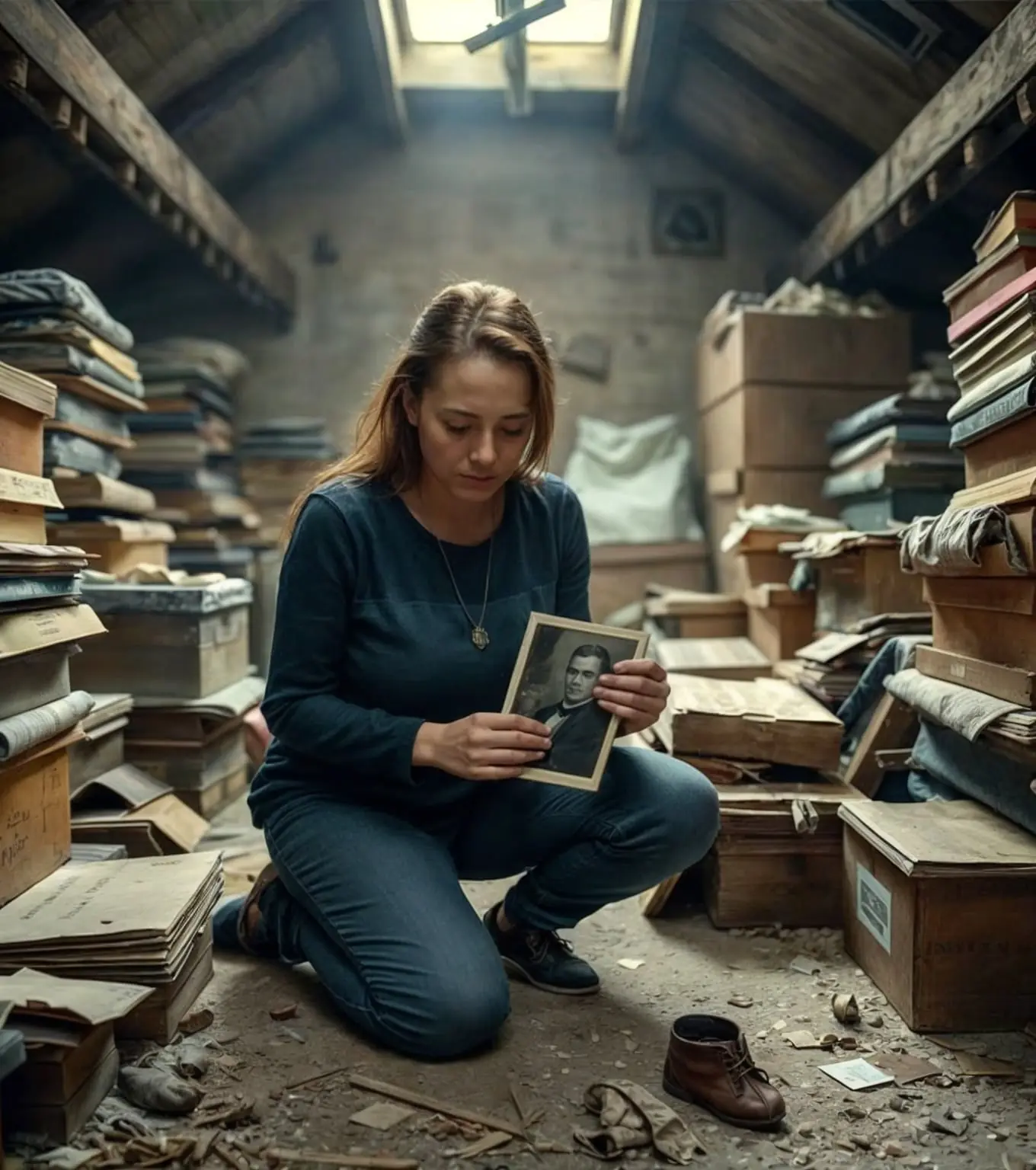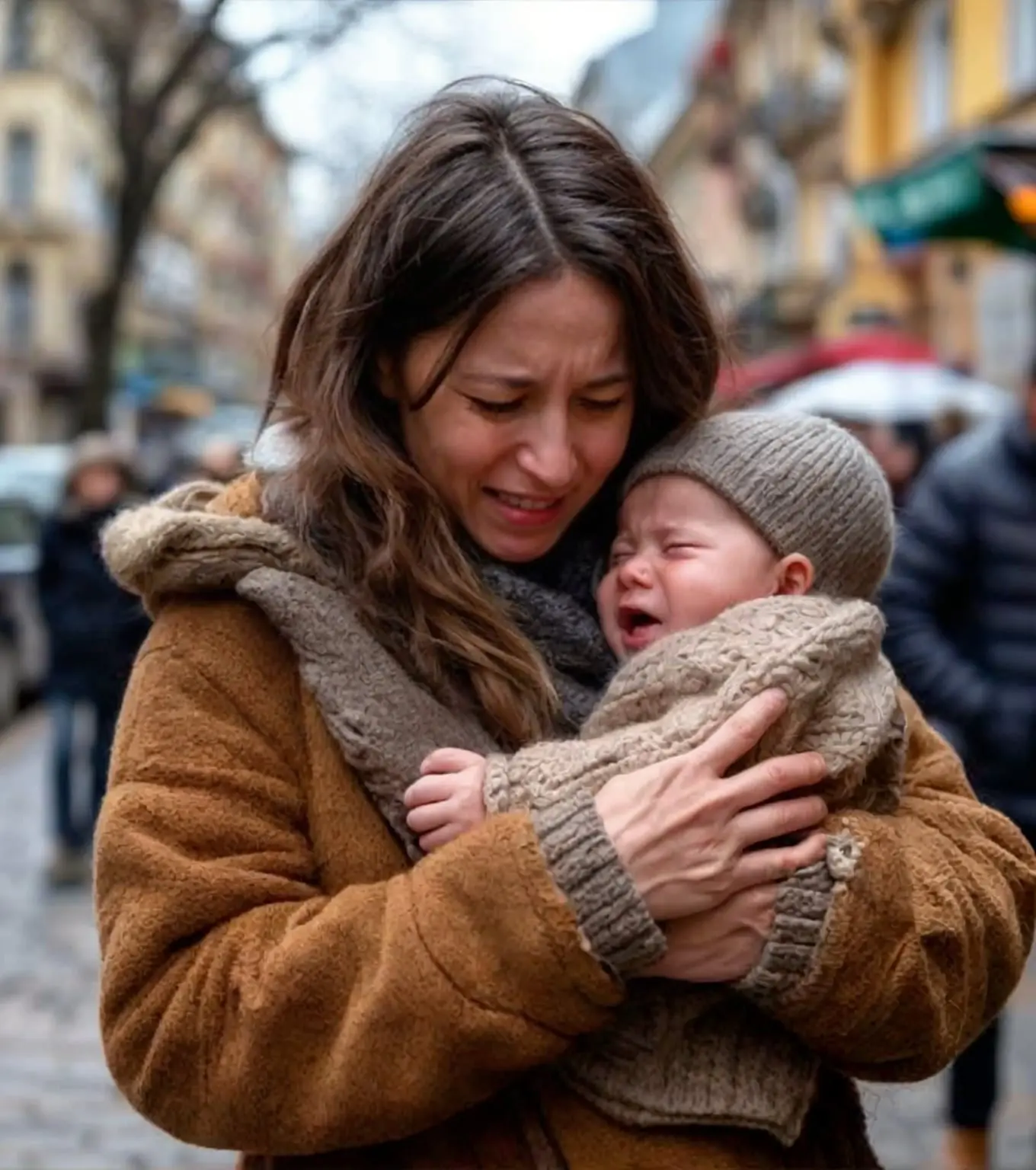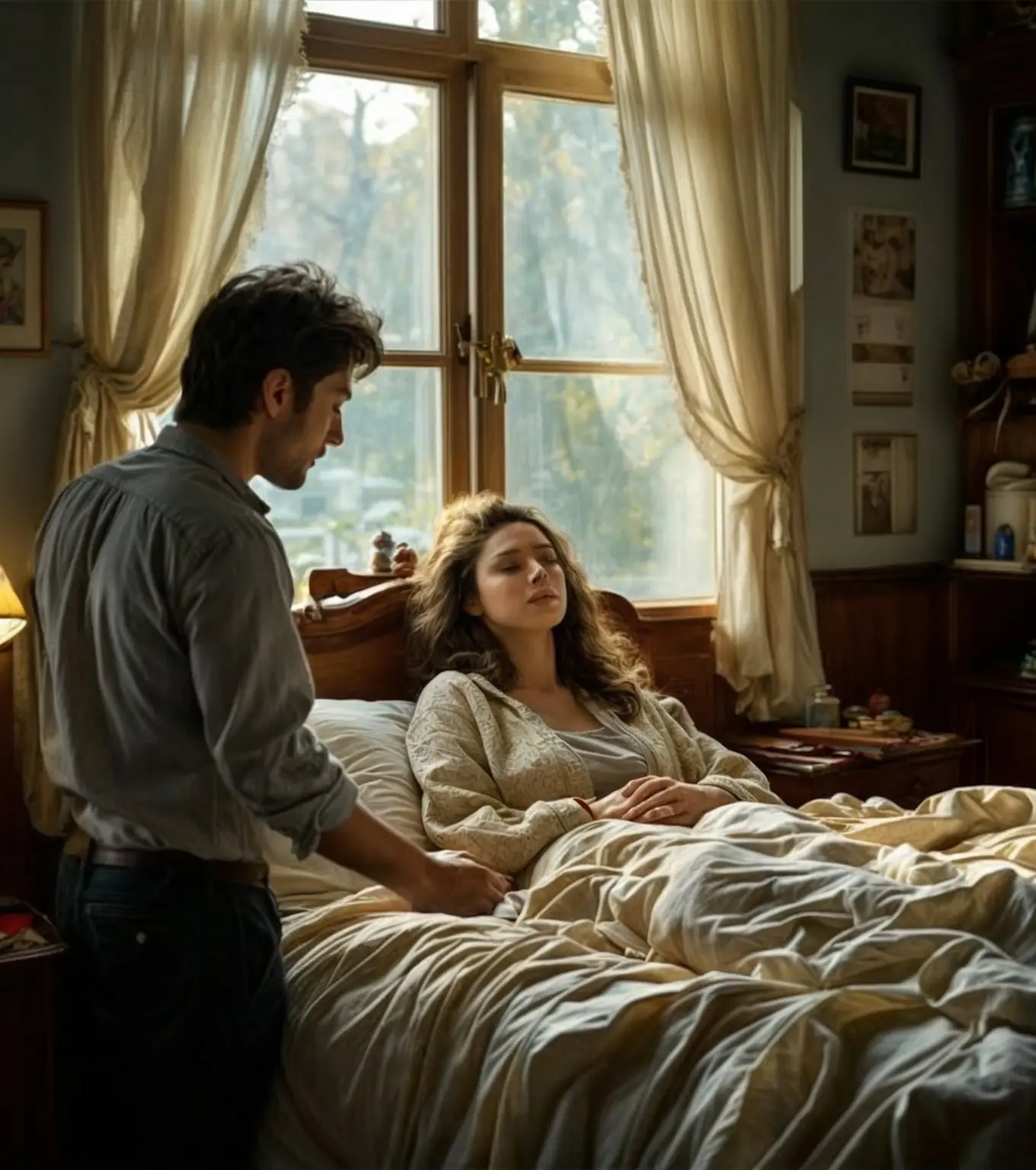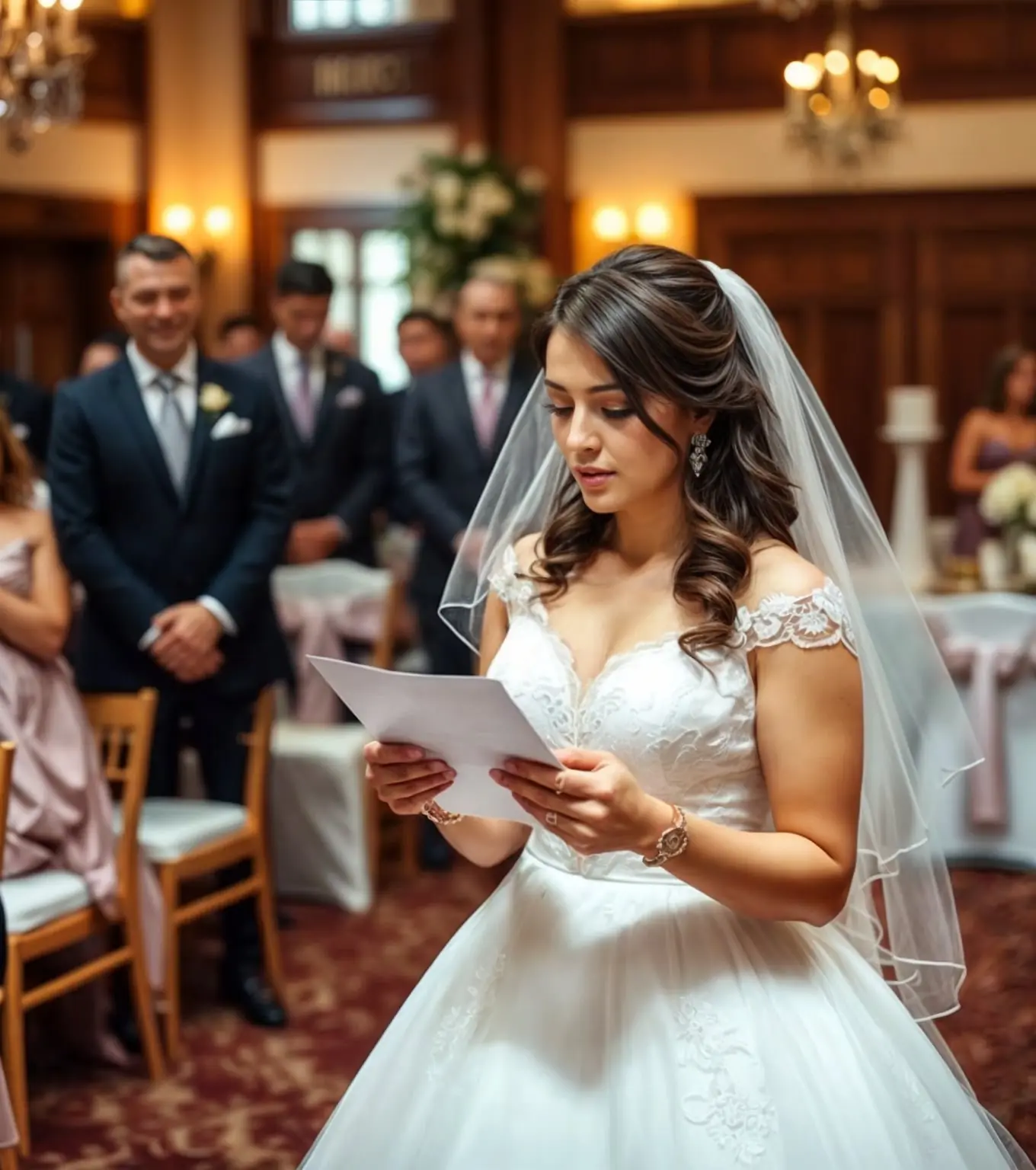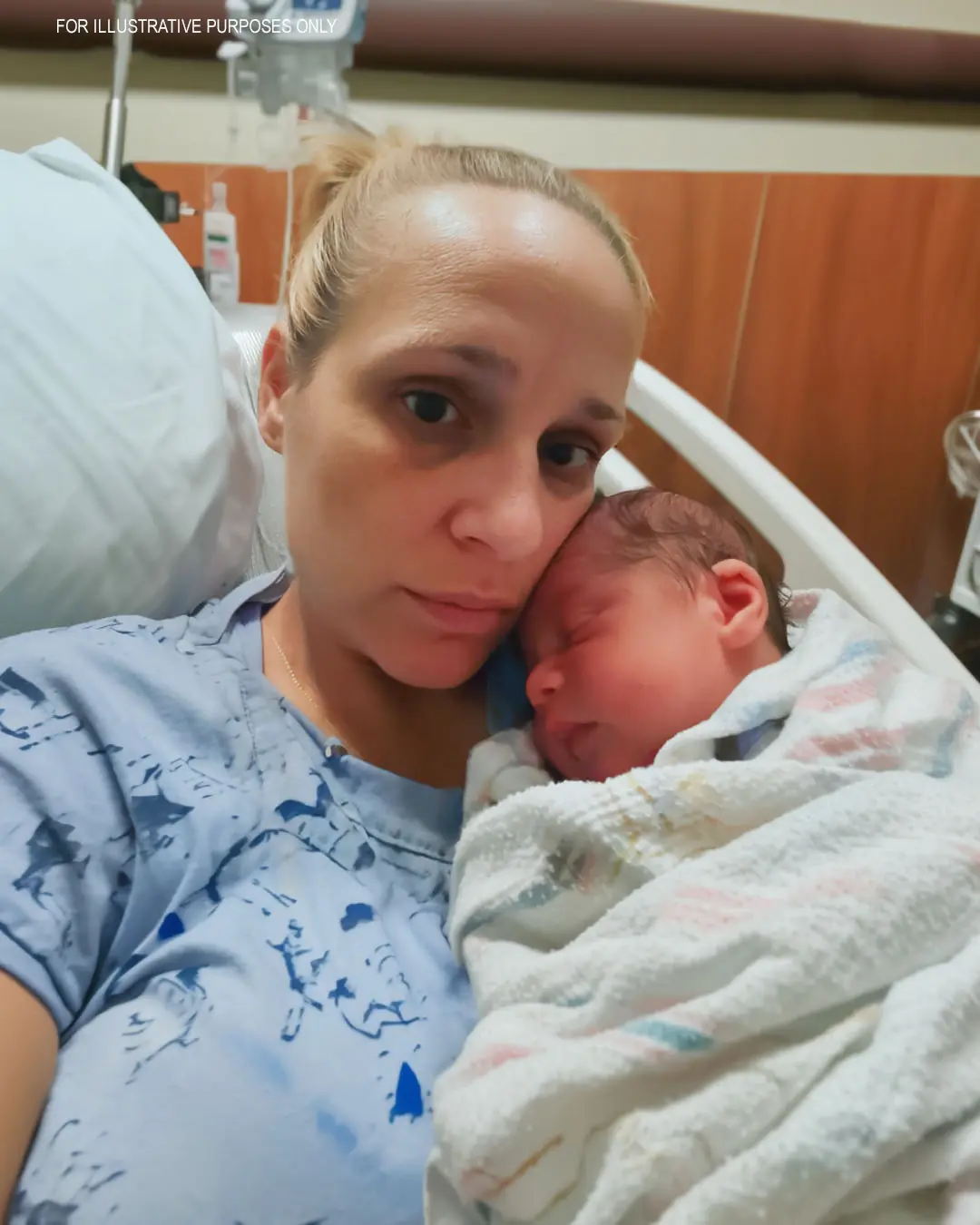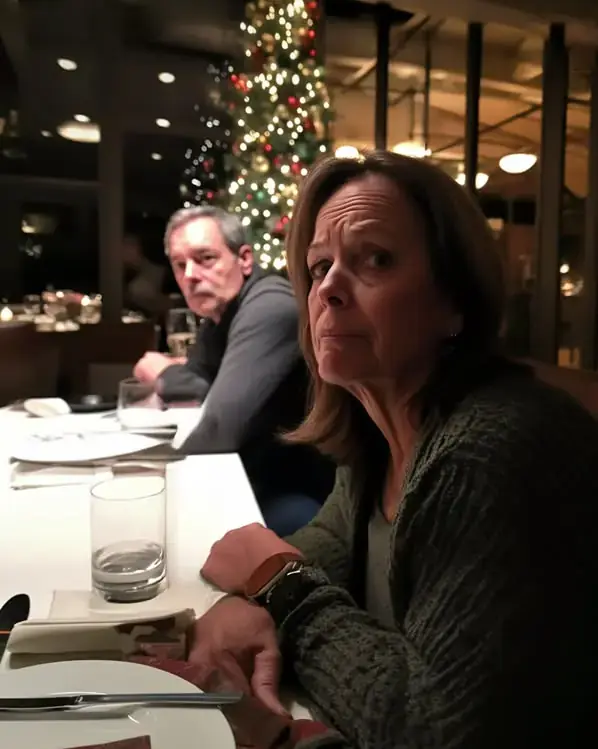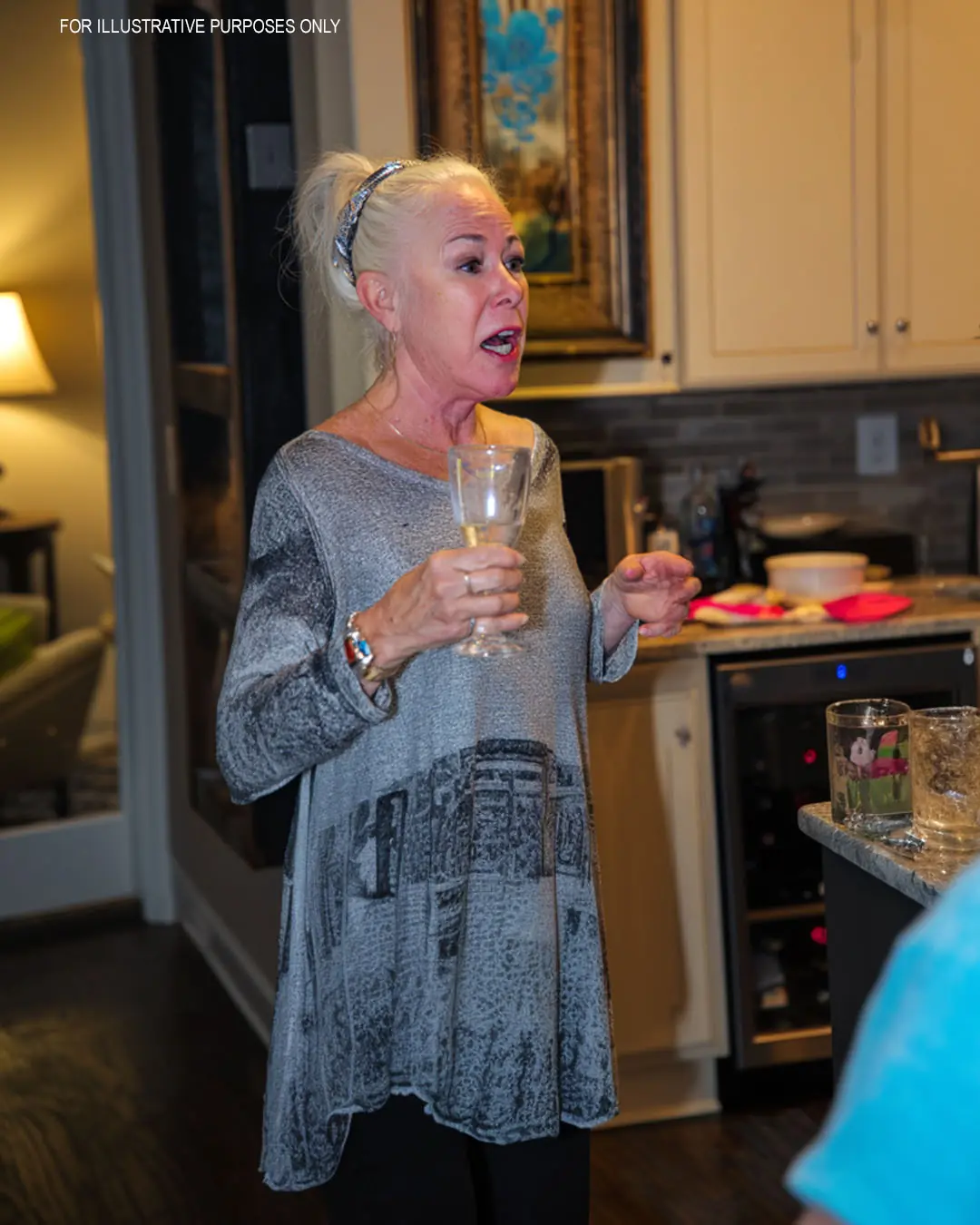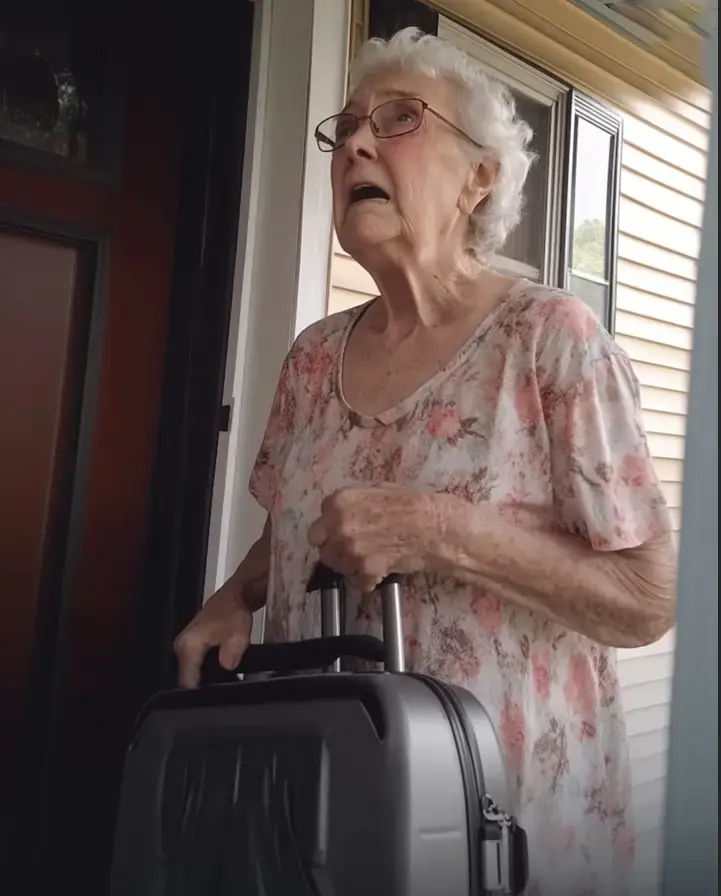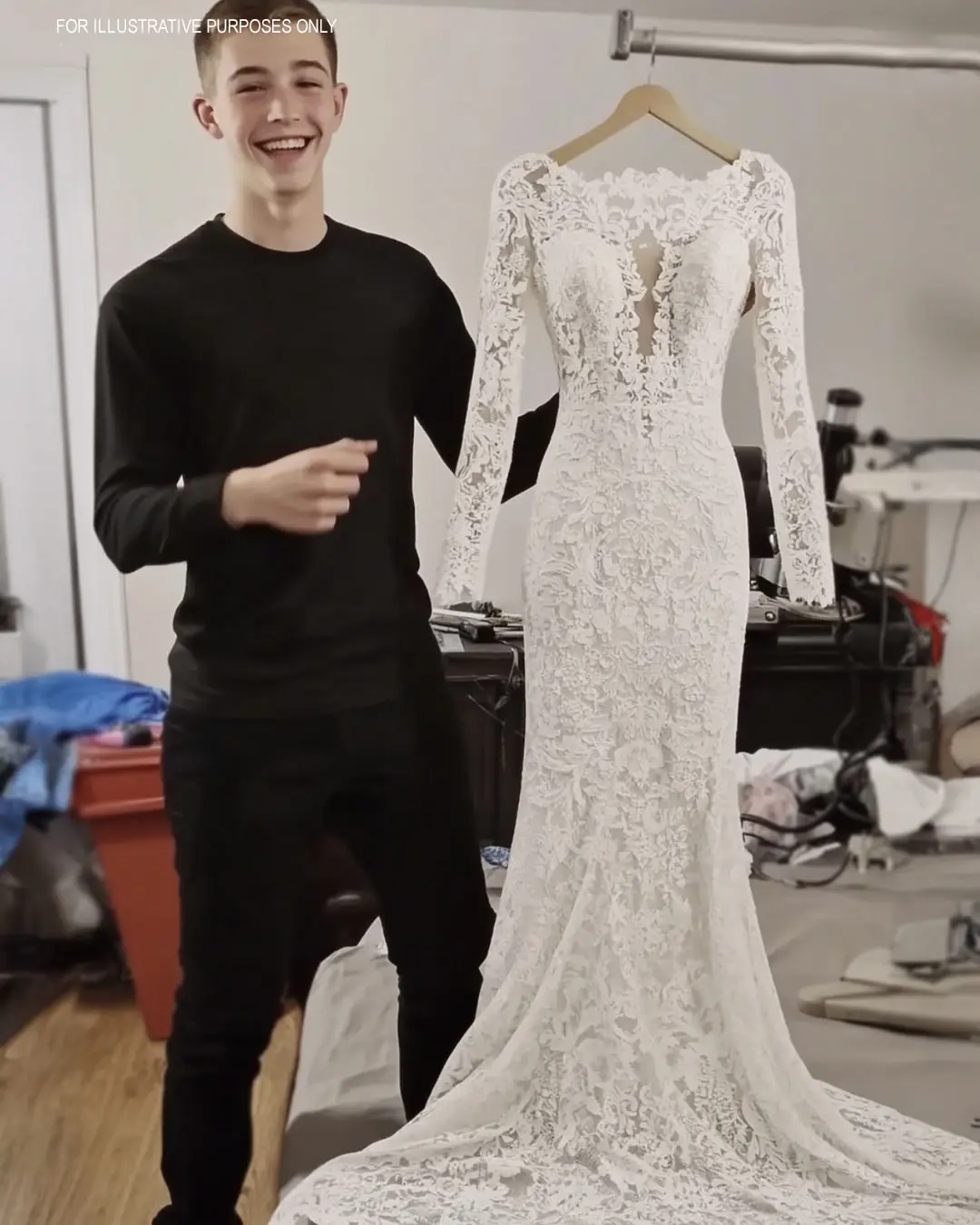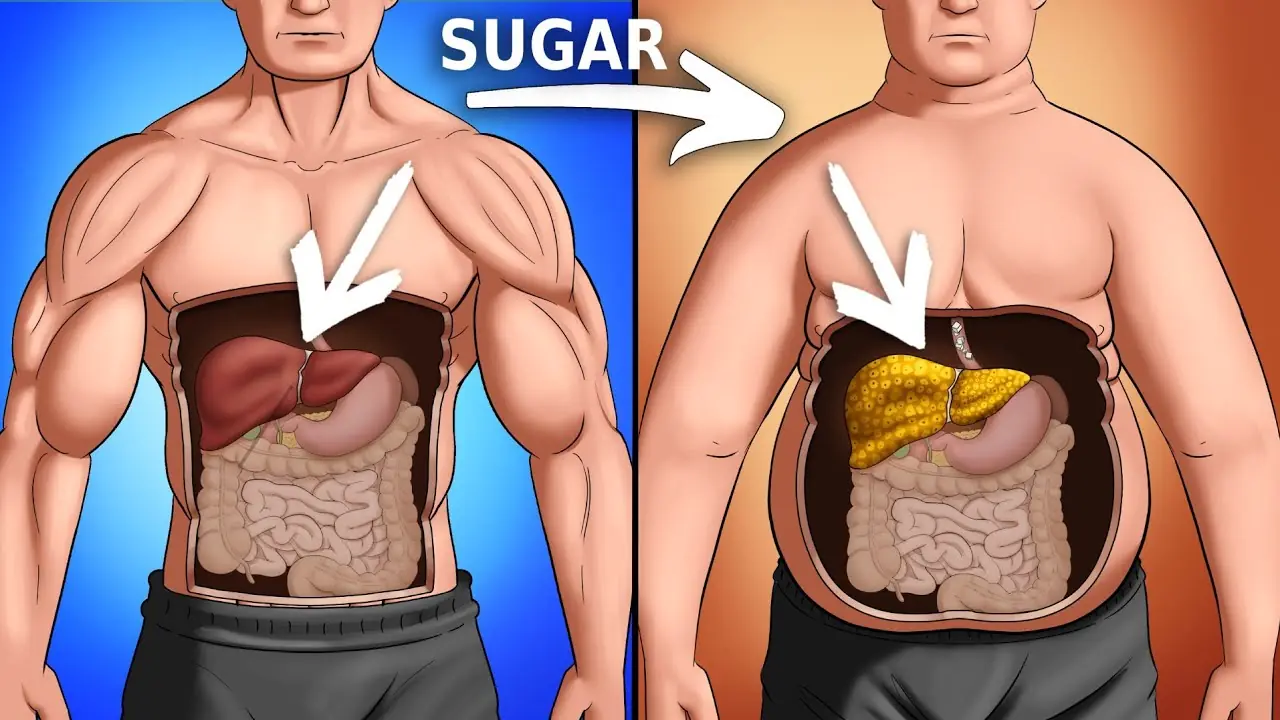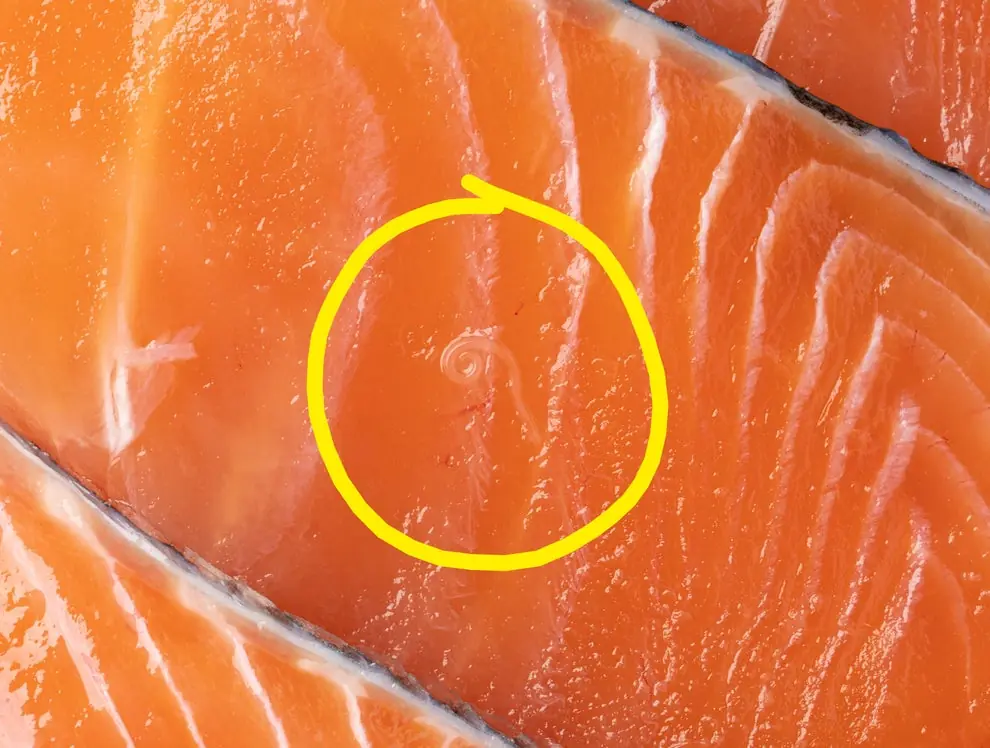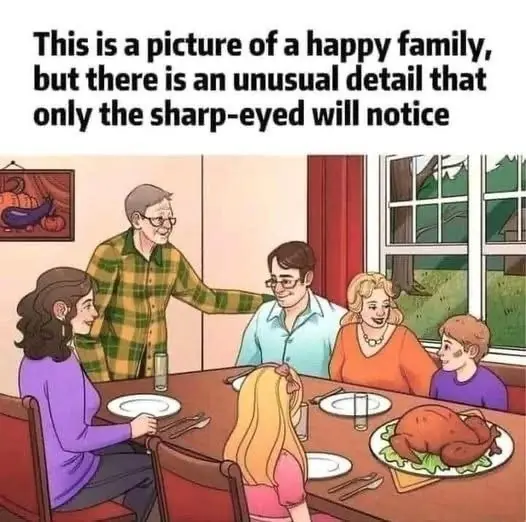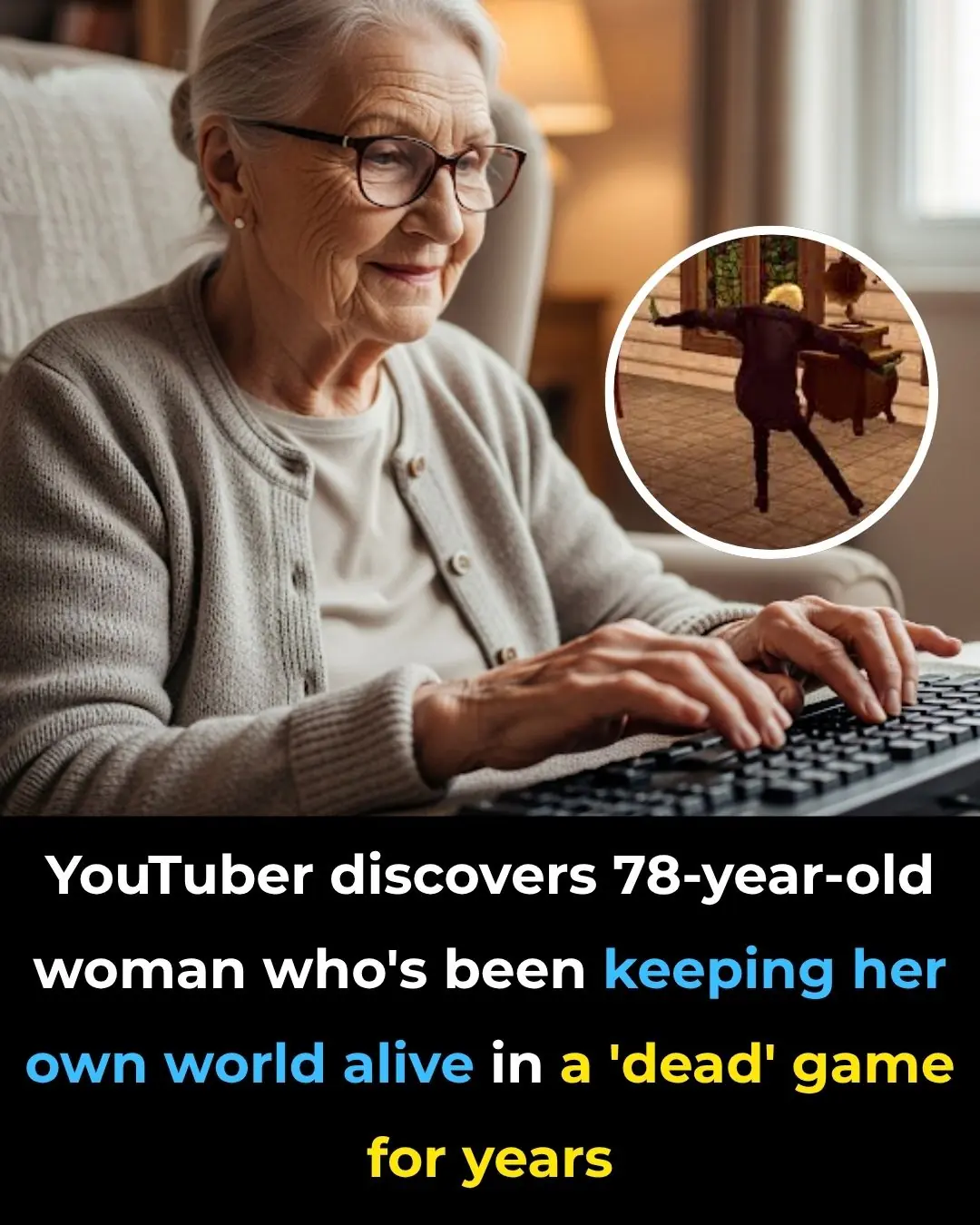Margaret had spent hours preparing for the perfect Thanksgiving dinner, hoping to impress her family with a feast that would create lasting memories. But when her 5-year-old daughter, Monica, suddenly hurled the turkey onto the floor and declared, "I SAVE
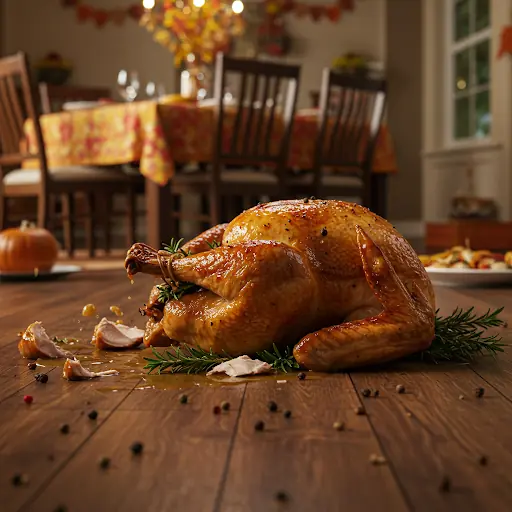
They say children never lie, but when Monica threw my perfectly cooked turkey onto the floor and claimed she was "saving us all," my heart sank. At that moment, I had no idea how right she was or how much I would eventually thank her for it.
I’m Margaret, and this Thanksgiving was supposed to be perfect. Fourteen of us crowded around the dining table in our newly renovated farmhouse.
My husband, Roger, had polished the silverware to a shine, and the table was set with autumn-themed decorations, candles flickering softly. Our daughters, Monica (5) and Emily (7), wore matching blue sweaters knitted by my mother last winter. The house smelled of cinnamon, turkey, and the warmth of the season.
For days, I’d carefully prepared every dish: buttery rolls, creamy mashed potatoes, and a homemade cranberry sauce that perfectly balanced tart and sweet. But the highlight of the meal was the golden-brown turkey, roasted to perfection. As I brought it to the table, steam swirling around it, I allowed myself a moment of pride—it looked like something from a magazine.
“Dinner’s ready!” I called out, my voice full of excitement as I finally got to share my creation with everyone.
The room buzzed with chatter as guests filled their seats. Roger’s parents, David and Victoria, were seated at the far end of the table, and I could sense their subtle, ever-present scrutiny. Victoria adjusted her glasses and smoothed her napkin, her lips pressed tight.
There was always an air of quiet tension around Victoria, and I could feel her judging eye, as she scanned every detail of our home with precision.
“The tablecloth is new,” she said, her voice neutral, but I could hear the judgment lurking beneath the words. “Interesting choice.”
I knew exactly what “interesting” meant—it was her polite way of saying she didn’t like it. It was a reminder that no matter how much I tried, I could never live up to her expectations.
As the kids settled into their seats and the adults poured wine, the soft candlelight bathed the room in a warm glow. I had envisioned this moment countless times: everyone laughing, enjoying my cooking, and creating cherished memories. The turkey was more than just food; it was a symbol of everything I’d hoped for in our family.
My sister-in-law, Karen, walked around the table, taking in the scene. “You’ve really outdone yourself this year, Margaret,” she said with a smile.
But just as I was about to place the turkey on the table, Monica suddenly appeared by my side, tugging at my sleeve. “Mommy, please don’t eat it!” she exclaimed, her voice full of urgency.
I stopped, confused. “What’s wrong, sweetie?”
“Don’t eat it,” she repeated, her big blue eyes wide with concern. “You have to listen to me! That turkey... it’s... it’s—”
I glanced around the room, now aware of the curious gazes following us. “Monica, honey, we’ll talk later, okay? Everyone’s waiting for dinner.”
“No, Mommy!” she cried, gripping my arm tightly. “You can’t eat it. None of us can!”
I crouched down, lowering the platter. “Monica, what’s going on? Why are you so upset?”
Her gaze darted toward the table, and she whispered, “It’s not safe.”
I smiled, thinking it was just one of her games. Monica had always been sensitive—crying over cartoons or rescuing bugs—and I assumed this was no different.
“Not now, sweetie. We’ll talk later, alright?” I said, placing the turkey on the table.
But as I reached for the carving knife, Monica’s hand shot out and gripped my wrist with such urgency that the room went silent.
“Mommy, don’t cut the turkey. Please.”
Before I could respond, everything shifted. Monica lunged forward, gripping the edge of the platter, and in a split second, she hurled the turkey onto the floor.
Gasps filled the room as the turkey crashed with a heavy thud. Gravy splattered, cranberry sauce smeared across the tiles, and stunned silence fell.
I froze. “Monica! Oh no, what have you done?”
Victoria’s voice was sharp and angry. “Why would you do that, girl?”
“Do you realize what you’ve just done?” my father-in-law shouted. “You’ve ruined Thanksgiving!”
The disappointment in the air was thick, but Monica stood tall, her defiance clear.
“I SAVED YOU ALL!” she exclaimed.
The room fell into complete silence. Fourteen pairs of eyes were fixed on her, waiting for an explanation.
I knelt down, gently holding her shoulders. “Monica, what do you mean? Saved us from what?”
Her small finger pointed directly at Victoria. “From her,” she said.
Victoria’s face went pale. “Me? What is she talking about?”
“Monica,” Roger said, trying to understand. “What do you mean by ‘from Grandma’?”
Monica clenched her fists. “She put something in the food.”
A ripple of murmurs spread through the room as Roger stepped closer, confused. “Monica, tell us what you saw.”
Her voice, though small, was steady. “When we were playing hide-and-seek, I hid under the kitchen sink. Grandma didn’t know I was there. She had a bag of black powder, and she was whispering to Grandpa. She said, ‘This will finish her off.’”
Victoria’s face turned ashen. “That’s ridiculous!” she protested. “Your daughter is making things up!”
“I’m not!” Monica shot back, her voice strong. “I heard her! Grandpa asked, ‘Is this the end of Margaret?’ and Grandma said, ‘It will ruin her dinner.’”
The room was frozen, the weight of Monica’s words sinking in. My heart pounded as I turned to Victoria, whose expression was no longer one of outrage, but of something far worse—guilt.
“What’s going on, Victoria?” I asked, my voice trembling.
She hesitated, her hands shaking as she clutched her napkin. “It’s not what you think,” she stammered. “It was just pepper! I was going to add extra pepper to the turkey as a joke—”
“A joke?” Roger said, his voice rising. “You think that’s funny?”
Victoria’s composure unraveled. “I just wanted to prove I could do Thanksgiving better,” she admitted, her voice shaking. “Your wife’s been hosting for the past two years, and I didn’t like it.”
“You wanted to humiliate me?” I asked, my anger rising.
“Margaret, it wasn’t personal!” David, my father-in-law, tried to defend. “It was just a little harmless fun—”
“Harmless?” Roger snapped. “You have no idea what you’ve done.”
“Roger, it wasn’t meant to hurt anyone!” Victoria pleaded. “I thought—”
“You thought what?” Alan, Roger’s younger brother, interrupted. “That ruining Margaret’s dinner was a good idea?”
The room erupted into heated whispers. Victoria’s protests grew fainter, drowned out by the rising tide of disapproval.
Finally, Roger raised his hand, silencing the room. “Enough. Mom, Dad, this is it. No more holidays. No more family gatherings. You’ve crossed a line.”
Victoria’s eyes filled with tears, but no one came to her defense. Alan and his brother both nodded in agreement.
The rest of the evening was a blur. We ordered pizza and moved to the living room, and the tension gradually faded as the kids enjoyed their pepperoni slices, and the adults relaxed. It was an odd sense of relief, but it was there.
Later that night, as I tucked Monica into bed, I held her close. “You were so brave today, sweetheart,” I whispered, stroking her hair. “You stood up for what was right.”
She looked up at me, her voice serious. “Sometimes, you have to protect the people you love, Mommy.”
In that moment, I realized Thanksgiving wasn’t ruined—it had been transformed. Family isn’t just about perfect meals or traditions; it’s about standing up for each other, setting boundaries, and listening when the small voices speak the loudest truths.
